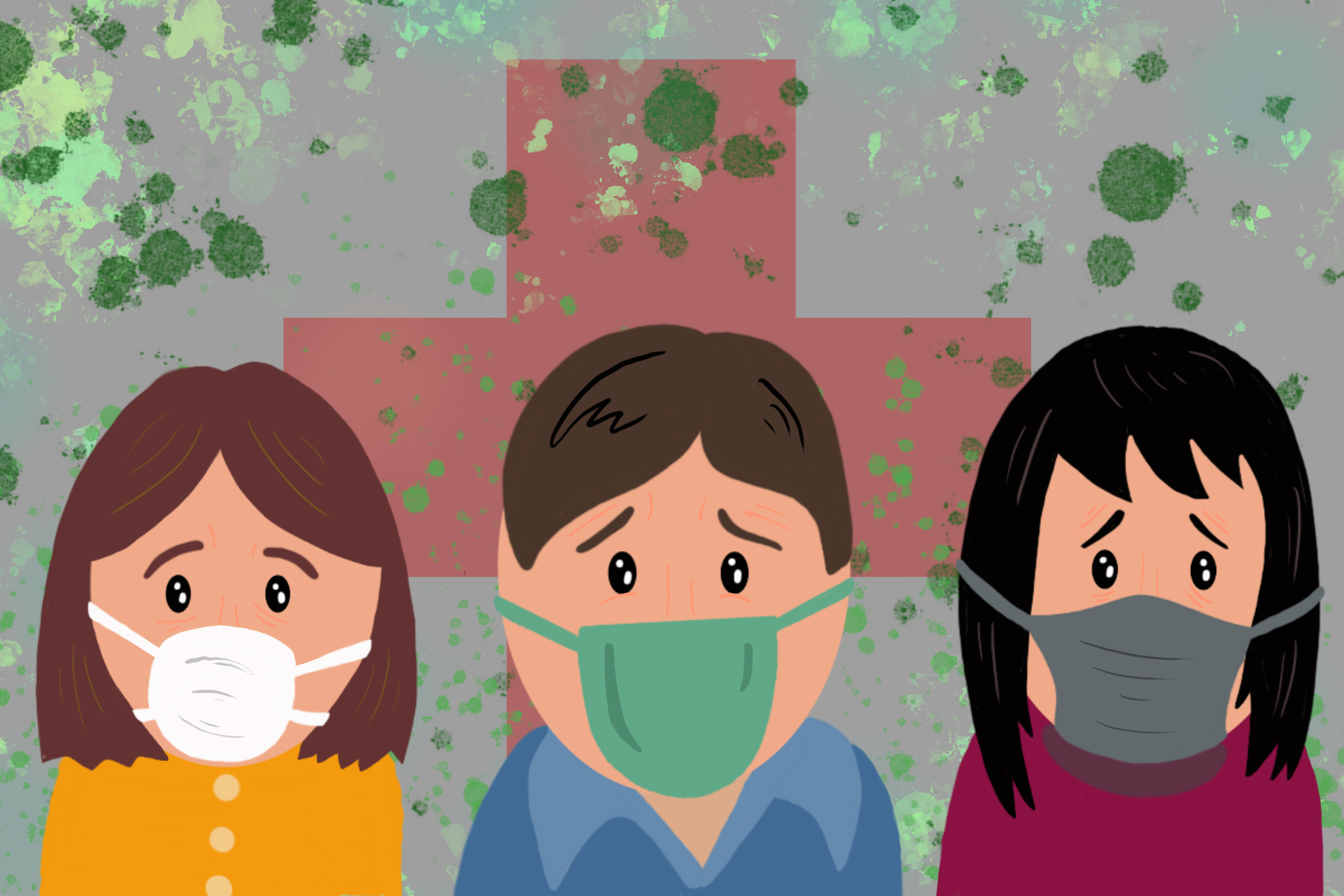What exactly is coronavirus?
Coronavirus is not new, and now, it’s actually quite common. The viruses can cause different infections, ranging in severity. According to the World Health Organization, a coronavirus is a large family of viruses that can cause illnesses from the common cold to more severe respiratory diseases — such as severe acute respiratory syndrome (SARS), which resulted in around 800 deaths.
The Current Coronavirus Situation
It’s likely you’re aware of the current spread of a new coronavirus. The current virus is the 2019 novel coronavirus, or 2019-nCoV. It was first identified in Wuhan, Hubei Province, China, where there are now thousands of reported cases.
As of Feb. 10, 2020, there are at least 28 locations with confirmed cases of 2019-nCoV, the majority of them in China. There have already been at least 1,000 reported deaths in China, along with many more infected.
Initial Reactions to the Outbreak
There is a lot of fear surrounding 2019-nCoV all over the world. People are wondering how they can protect themselves and if and when the virus will spread close to them.
The Center for Disease Control and Prevention offers a lot of simple prevention methods, such as washing hands frequently, disinfecting, and covering your mouth and nose when coughing and sneezing.
These are simple precautions for a seemingly vicious virus, but looking at statistics can put a lot in perspective to possibly ease your fear. The new coronavirus ranges from mild to severe cases, with some people more likely to be affected than others.
Some countries are posing travel bans and quarantines in response to try and stop or slow the spread of the virus. However, the fear doesn’t stop at the virus itself; there’s also a surge of fear against people who are dealing with it, notably those of Asian descent. Whether or not this fear is subconscious or directly noticed, it is there.
What does this have to do with racism and xenophobia?
With fear of the virus spreading, there has also been a reaction to China and its people. Just looking at someone, you can’t tell what country they’re from, but a newly spreading virus seems to make people think they can. A quick online search of “coronavirus” will lead you to a large number of racist comments aimed at Asian people.
Preventative measures include covering the mouth or nose to prevent spreading the virus; if you have ever been to Asia, you may have noticed the common practice of wearing a face mask as a precaution to illness. You may also notice this on college campuses, as it’s common practice among many Asian students. This has not been adopted by many Americans, and because it’s so common for Asian people, it has the potential to draw attention, especially during a virus outbreak.
https://twitter.com/kathbarbadoro/status/1222664395383283712?s=20
Common practice like this can lead to cheap jokes, and the internet has proven that to be true. There’s been a surge of memes (as there always tend to be) that have to do with the coronavirus, and a good majority of them have Chinese people as the punchline. Memes can be fun and harmless, but when the memes are straight-up racist, they can be quite harmful.
The memes that are shared have the potential to dim the upsetting reality that people are facing because of the virus. Families are being separated due to canceled flights, quarantines and hospitalization. Videos like this show the reality that people are facing when it comes to viruses like 2019-nCoV (note: this does not explicitly state this is a result of the current coronavirus, but it could give an idea).
There have also been false reports of people not consuming certain items from China, noted in this tweet.
Fake news and misinformation around the coronavirus is wild. Childcare centres are sharing a post claiming wagyu beef and mi goreng could have traces of the virus and that the "bureau of diseasology Parramatta" is testing the air. Everyone knows that burea relocated to Ryde. pic.twitter.com/FO3Nbd5z5L
— Kevin Nguyen (@cog_ink) January 28, 2020
An Overall Perspective To Have on the Situation
Epidemics like this are definitely scary. While most places with coronavirus cases don’t need to full-out panic, it’s smart to be aware and conscious of your health decisions; take extra care to wash your hands and be mindful of travel.
The United States is lucky to have a small number (about 13 reported cases) of 2019-nCoV compared to other areas around the world. In contrast, China has already had at least 1,000 deaths as a result of the virus.
With flights in and out of China getting canceled, some people can’t get home to their loved ones, and others are stuck in unfamiliar places. A lot of people in the affected areas aren’t able to work due to the breakout causing business closures. Lunar New Year celebrations, one of the most important holidays in China, were postponed due to the virus. Some of these things may not seem like a big deal, but try to put yourself in the shoes of someone who has to deal directly with the aftermath. The virus is causing a great stir and putting a lot of lives on hold, and it’s still in its early stages.
For the United States, there are measures and extra precautions in place to prevent the spread of the virus. These precautions don’t need to include fearing people of Asian descent or targeting them with rudeness and jokes. You don’t know how much the virus is affecting them, whether it’s affecting them personally or they’re being singled-out due to other people’s fears.
Think about others. Don’t share the memes. Don’t automatically associate Asian people with the coronavirus. It can’t hurt to show a little extra kindness and understanding to combat the xenophobia that people may be experiencing due to the association with the virus.

















